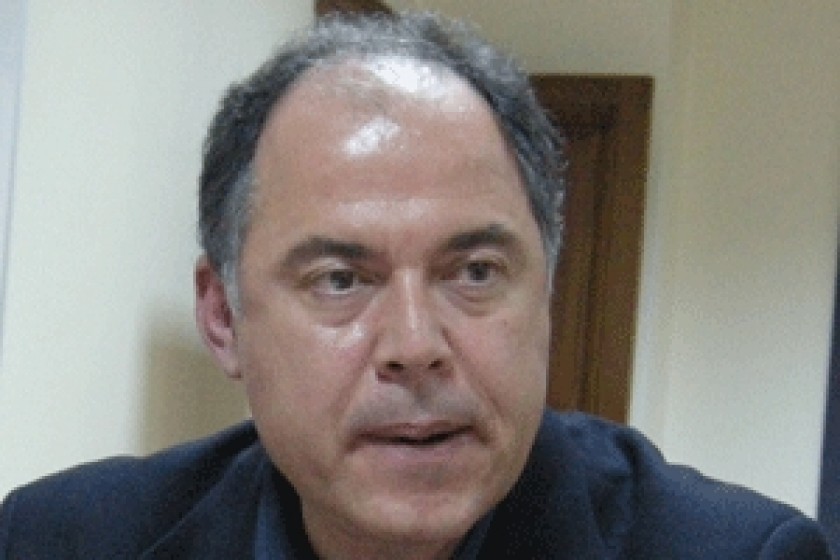
Istanbul Diary: Turkey is a Land of Paradox
According to Fuat Keyman, Director of the Istanbul Policy Center (IPC) at Sabanci University, modern Turkey has been rapidly changing in the past ten years.
2007, the year of the last parliamentary election in Turkey, was a watershed event in this regard. It was also the year when Hrant Dink was gunned down in front of the Agos offices. Keyman told me that changes are occurring in all sectors of society.
The analyst says that after 2007, Turkey can be labelled a country of "paradoxes".
The first is that Turkey is actively engaged politically not only in the region (Caucasus, Middle East), but further afield, in south-eastern Asia, Africa, South America and elsewhere. A number of Turkish embassies have recently been open in Africa. Turkey is the second largest donor country in Africa after China, Keyman says.
This activism, however, is contradicted by Turkey's innate diplomatic wariness and scepticism. A recent example is the freezing of Armenian-Turkish rapprochement.
The second paradox is that Turkey has taken a visible spot on the world stage. The rapid growth of tourism in Turkey and the ascendance of Istanbul are examples of Turkey becoming much more visible internationally.
Parallel to Turkey's economic upturn, however, has been a schism within Turkish society. The analyst conditionally breaks down Turkish society into three sections – Western (mostly western views), Middle (conservative world outlook) and South-eastern (mostly Kurdish regions). These divisions, both political and social, are getting deeper amongst all three.
Keyman posits that the more Turkey develops economically, the populace should live that much happier. But the discriminatory practices enacted against the groups prove the opposite.
"The more Turkey gets closer to Europe, the greater the country's internal divisions," Keyman says.
Third, the priorities and reality that appear in the social and political sectors contradict one another. Talk continues about democratic process but the army retains its strong role in political affairs.
Fourth, Keyman argues that the Justice and Development Party (AKP) enjoys a dominant, hegemonic position in Turkish politics today. The party has won all nation-wide and local elections since 2002. People are already saying that the AKP will garner 40-45% of the votes in the next election cycle.
It is also interesting to note that the two constitutional reform packages drafted by the party of Prime Minister Erdogan in 2007 and 2010, received widespread popular support.
However, Keyman believes that the very hegemony of the AKP is the prime reason for the social and political schisms in the country. "The more the AKP wins, the more society is split," he observes.
Keyman then said that the problem facing Turkey today is the Kurdish question. He says that there can be no talk of democracy or sustainable economic development in Turkey without its resolution.
The analyst says that while the pro-Kurdish Peace and Democracy Party (BDP) has an electoral advantage over the AKP in the majority Kurdish regions, it is not sufficient to enter parliament and make changes.
Keyman said the recent decision by Turkey's High Election Board to bar some Kurdish candidates backed by the BDP, ostensibly due to their links to terrorist groups, was a red herring and doesn't advance political plurality and debate.
When I asked Keyman what was the secret to the AKP's success in the political arena, he answered, "It's the policy they practice to achieve transformations, both internally and in foreign affairs."
He also mentioned the recent displays of conservative ideology and nationalism by Erdogan and the AKP.
The recent flap and furor Erdogan raised over the Kars Monument to Peace and Humanity must be viewed in this light, according to Keyman.
"It wasn't done to relay some sort of message to Armenia, but simply a tactical move to garner the votes of the conservative and nationalist circles in the upcoming elections."
 Videos
Videos Photos
Photos




Write a comment